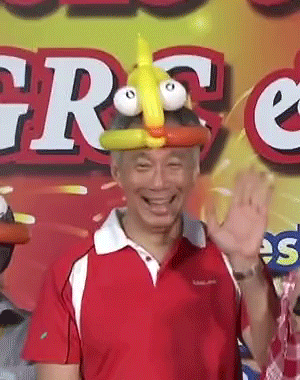From the 1G to the 4G, the "G" was coined by political observers to denote each generational change in leadership for different prime ministers' Cabinets.
The term is inexact, given that each of Singapore's three prime ministers so far has had a mix of ministers who were new to politics and young, as well as older and more experienced. Several ministers also served in the Cabinets of more than one PM.
Founding PM Lee Kuan Yew's team was the 1G leadership, though that term is seldom used. Mr Lee's key Cabinet colleagues, more commonly referred to as the Old Guard, included Messrs Goh Keng Swee, S. Rajaratnam and Toh Chin Chye.
In the latter half of the 1970s, Mr Lee - who became PM at the age of 35 - brought into his team younger people whom he hoped to test out to form the next generation of leaders, such as Mr Goh Chok Tong, Dr Tony Tan and Mr Ong Teng Cheong.
Mr Goh became PM in 1990 when he was 49 and stepped down in 2004. His generation of leaders became known as the 2G.
Prime Minister Lee Hsien Loong, who entered politics in 1984 and became PM in 2004 at the age of 52, would go on to form his 3G team of key ministers, including Mr Teo Chee Hean, Mr Tharman Shanmugaratnam and Mr Lim Hng Kiang.
2. Who are in the 4G?
Key 4G leaders include Mr Heng Swee Keat, Mr Chan Chun Sing, Ms Grace Fu, Mr Lawrence Wong, Mr Ong Ye Kung, Mr Desmond Lee and Mr Masagos Zulkifli.
Mr Heng and Mr Chan are the first and second assistant secretaries-general, respectively, of the People's Action Party's 36th and current central executive committee (CEC), the party's top decision-making body.
The composition of the CEC after its 2018 internal elections signalled to observers that 4G leaders were coming into their own, with then deputy prime ministers Teo and Tharman no longer standing for election.
The role of secretary-general of the PAP is traditionally held by the PM. Mr Heng's
appointment as first assistant secretary-general indicated that he was the PM-in-waiting.


